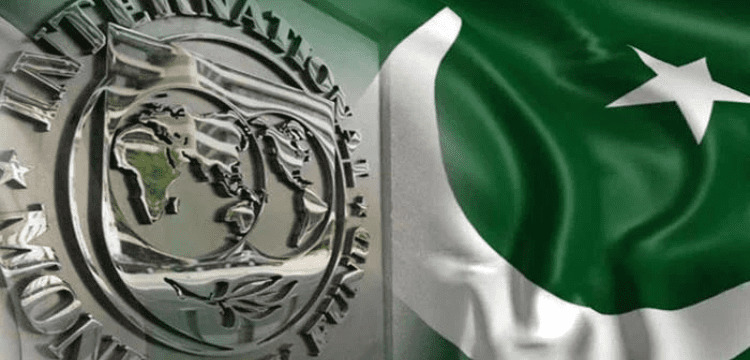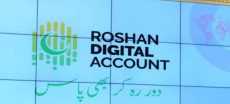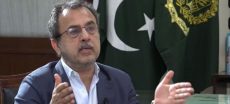[vc_row][vc_column][vc_column_text dp_text_size=”size-4″]KARACHI: To unlock the next tranche of IMF funds, Pakistan will be needed to provide assurance that its balance of payments deficit is fully covered for the fiscal year ending in June, according to the fund’s resident representative on Monday.
Since early last month, the International Monetary Fund has been negotiating with Islamabad to complete its ninth review, which if authorised by the board will result in the release of $1.1 billion of a $6.5 billion bailout agreed upon in 2019.
This bailout will expire at the conclusion of the fiscal year, which ends on June 30. Last week, Finance Minister Ishaq Dar stated that the external financing promise was not one of the IMF’s conditions for funding approval.
“All IMF programme reviews require firm and credible assurances that there is sufficient financing to ensure that the borrowing member’s balance of payments is fully financed… over the remainder of the programme,” Esther Perez Ruiz, the fund’s deputy managing director, told Reuters in an e-mailed response.
“Pakistan is no different.” According to officials, Pakistan has accomplished practically all other necessary requirements except for the external financial requirement.
Read More: Govt increases GST to 18% on IMF demand.
On Monday, Pakistan’s international bonds increased, generally in line with other smaller, riskier emerging nations. According to Tradeweb statistics, Pakistan’s 2026 bond gained up to 1.2 cents to trade at slightly over 44 cents in the dollar. Several observers are optimistic about Pakistan’s near prospects.
“We expect the resumption of Pakistan’s EFF (Extended Fund Facility) programme is imminent after completing a hefty ‘must-do’ list in an effort to bring the IMF programme back on track,” said Anna Friedemann of Deutsche Bank in London. She did, however, warn that a restructure was “almost certain” at some point.
The rupee, which has been losing value due to delays in the IMF funding agreement, gained in interbank trading on Monday, extending its recovery from Thursday’s 6% plunge against the dollar. “The currency rate has moved significantly in recent days, narrowing the informal FX market premium and bringing rates closer together in a similar approach to that seen around January 26,” IMF Luis wrote in an email.
“This should be the result of the free operation of the foreign currency rate market.” On January 25, foreign exchange firms lifted a currency restriction, citing “artificial” distortions in an economy in severe need of IMF assistance.
According to Ruiz, the gap in foreign exchange values between the open and informal markets has been tremendously destructive for Pakistan, resulting in foreign exchange shortages and, as a result, imported goods.[/vc_column_text][/vc_column][/vc_row]











